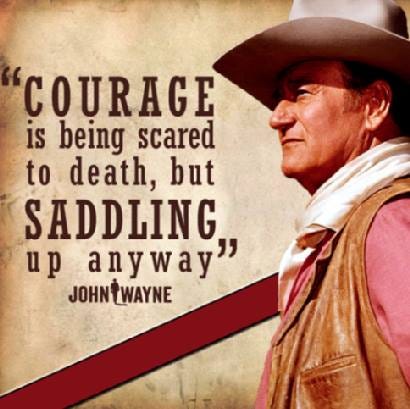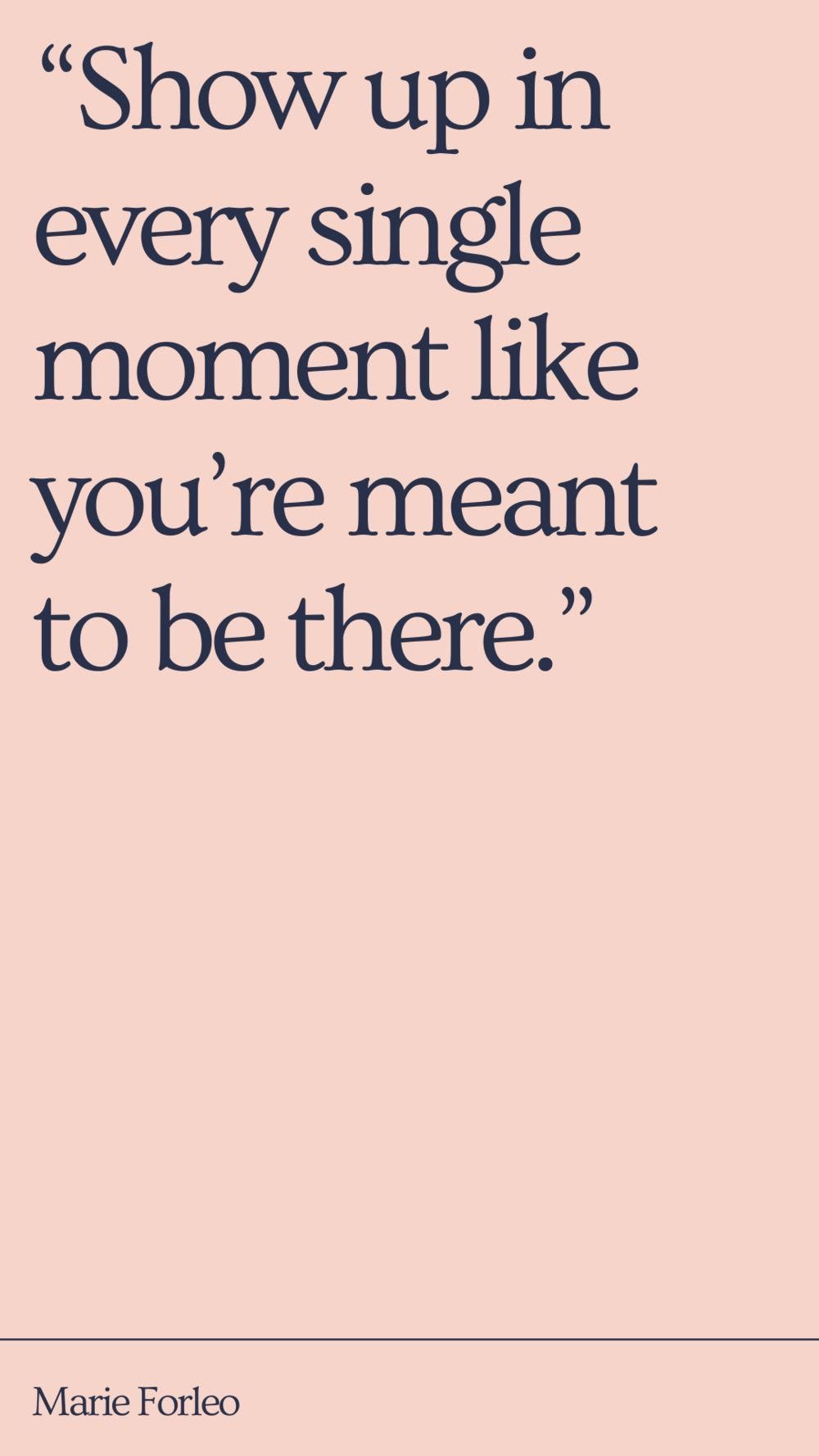Confidence seems to be the common denominator in just about everything. The more confident the better the outcome. This could be business, dating, beauty, parenting, fitness, academics, personal development, and the list goes on.
During a conversation with a friend, I was given the description of being confident. This is kind, but it was in a context where I did not feel confident at all. What struck me was that it was a perception of confidence, and not in fact my inner experience. This prompted me to think about other times in my life where I received similar praise. In each of those instances, I didn’t feel sturdy, in fact I was shaking in my boots.
What is this phenomena? Is confidence an illusion? That can’t be it. Illusion makes it sound false, but what others were witnessing didn’t match what I was experiencing.
It made me think of that quote
A while ago, I listened to a podcast where someone described confidence as being “capable”. She pointed out, that capability is actually what’s being translated to others. People view you as confident because you come across as if you can handle tough negotiations, a physical altercation, or someone disrespecting you.
Her suggestion? Go do things that make you feel capable.
In laments turn, go do something hard and overcome it.
This builds you up internally, and translates externally.
After this episode I realized there were two more components of confidence, all with the letter C.
Competency & Comfort
Being competent is pretty straight forward. I think of people who are experts in their field, academic in their profession, seasoned in their craft etc. However, I think defining competence as being well studied with common sense is severely limiting.
A new term I’m fond of, body literacy is another aspect of competency. How well do you know your own body? Are you aware of what it can digest? Do you listen to emotional cues? Do you know your own body language that other people are reading?
Competency is knowledge of self.
This isn’t limited to the body, this includes EQ, adaptability to new environments, family triggers, defining your wishes and desires. The more intel you have on who you are as a person the more confident you come across.
A critical aspect in this category is limitations. To know who you are is to know where the outline of you ends and where others begin. It’s recognizing emotional boundaries, and knowing what is your zone of genius and what isn’t.
Competent people are not hiding their limitations or feel defeated by them. They have an acute awareness of where the line in the sand is. When pushed out of it, they know and trust themselves to handle it the best they can.
The last element of confidence is comfort.
I’ll tell you a story that comes to mind.
My dance team coach graduated from the same high school a few years before me. To keep this concise she was “popular” and her name still echoed in the halls after she left. Everyone knew her and gave mixed reviews, some liked and others disliked.
A beautiful girl who is good at what she does lead her to the limelight. This put her in a precarious position with her peers.
She told me once that it wasn’t unusual for her to enter a room and be referred to as a bitch when she left. I’ll tell you how this happens. Very simple.
She’s quiet and she’s comfortable.
That’s it.
There are several translations one can make of this behavior. What she found was “Who does she think she is?” “Walking around like she’s better than everyone else.”
This is what I believe is happening. My coach didn’t have any qualms with anyone or any groups. She knew who she was and was so comfortable in it, she didn’t make any concessions or changes for anyone. I have noticed being shy and beautiful seems to equate to being stuck up. Would she have had a different effect if she went out of her way to be chatty, kind and outgoing? It’s likely.
But funny enough, she chose what was comfortable for her. Not what what was comfortable to the group.
And that’s exactly what I’m talking about. Social etiquette and adaptability has it’s place. But your comfort level in who you are, as you are, translates your confidence.
Here is the power in this. Comfort is Acceptance.
She accepted who she was and what her environment consisted of. Her presence remained the same in every environment despite who was there. This isn’t the end all be all, but it’s important to note others will have their own interpretation and opinion on what they perceive.
To return to my query of confidence being an inner experience or outer experience… Was she truly confident in these settings? Or did she just appear to be? I’m not sure and that’s my point.
Doing things that challenge you, learning who you are in the process, and accepting what is as it is are the key ingredients to confidence. Even if you’re not who you want to be yet, as you develop your confidence, you appear confident.
And that’s a powerful feedback loop.
Author’s note: If you’re interested in video content, you can check out my Instagram
If you’re interested in purchasing a consulting service, feel free to email me







